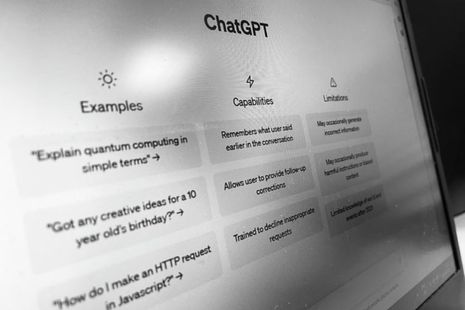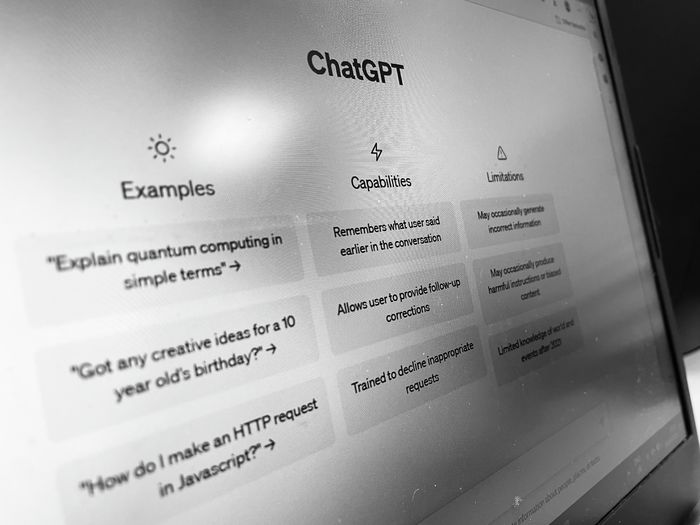Cambridge study reveals ‘telltale signs’ of AI essays
ChatGPT performed poorly on analysis and comparison skills compared to humans, according to a new report

A new study by Cambridge researchers has identified the “key features” of AI-written essays, as faculties rush to clarify their policies ahead of exam season.
The study, conducted by Cambridge University Press and Assessment, compared ChatGPT assisted essays written by three university students to 164 GCSE essays.
The AI essays contained “telltale” signs including repetition of words and phrases, starting paragraphs with ‘however’, ‘overall’ or ‘moreover’, and use of numbered lists and latinate vocabulary.
The study also found ChatGPT assisted work performed poorly on analysis and comparison skills. It performed well on information and reflection skills.
This study comes as university departments rush to clarify AI usage policy during exam season. Cambridge currently has a total ban on the use of AI technology in assessed work, treating it as academic misconduct, but use guidance for non-assessed work varies by department.
In recent open letter circulated to all HSPS students, the course’s directors of undergraduate studies stated: “Don’t let genAI rob you of your chance to learn!”
The department, acknowledging that the line of appropriate use was becoming increasingly hard to draw, told students that tools which “actually write or edit your writing for you” are “not appropriate” for use. Tools which alter grammar and spelling are permitted, however.
English students were told earlier this month that AI can be useful for “sketching a bibliography on a given topic” and “assist[ing] early stages of the research process” but this should be done in consultation with their supervisor.
Some engineering students were told that the use of Chat GPT to structure coursework is acceptable, as long as they disclosed that they had used it and included the prompts that they used.
 News / Report suggests Cambridge the hardest place to get a first in the country23 January 2026
News / Report suggests Cambridge the hardest place to get a first in the country23 January 2026 Comment / Cambridge has already become complacent on class23 January 2026
Comment / Cambridge has already become complacent on class23 January 2026 Comment / Gardies and Harvey’s are not the first, and they won’t be the last23 January 2026
Comment / Gardies and Harvey’s are not the first, and they won’t be the last23 January 2026 News / Students condemn ‘insidious’ Israel trip23 January 2026
News / Students condemn ‘insidious’ Israel trip23 January 2026 News / Cambridge ranks in the top ten for every subject area in 202623 January 2026
News / Cambridge ranks in the top ten for every subject area in 202623 January 2026










